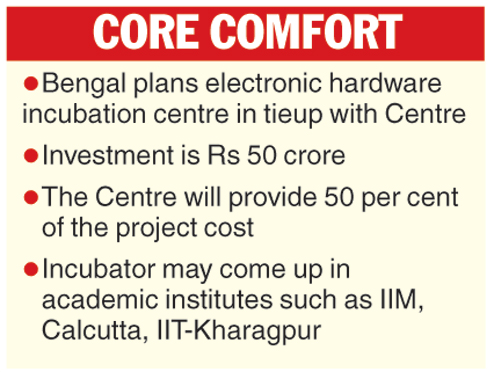
Calcutta, April 9: Calcutta-based Luxmi Group, owner of the iconic Makaibari tea estate in Darjeeling, has acquired the Lengrai garden in upper Assam for Rs 16 crore at a time the industry is suffering from the problems of climate change and many producers, especially single estate owners, are looking to exit the business.
"India will always be one of the largest tea producers in the world and Assam does have very good gardens. However, running this business is an art which needs to be mastered," said Dipankar Chatterjee, owner of Luxmi Group.
Luxmi Group began talks with Lengrai Tea Limited in October and it finally struck the deal last month.
"I wanted to exit the tea business as maintaining the garden was becoming increasingly difficult with the rising cost of production," Sanjay Daga, former director of Lengrai Tea Ltd, told The Telegraph.
"The garden is over 100-years-old and used to produce mostly the crushed-tear-curl (CTC) variety. However, our focus would be to make orthodox tea for exports," said Chatterjee, emphasising that CTC would be made only when the leaves become unsuitable for quality orthodox production, especially during the monsoon.
Investment details
Luxmi Group, which also owns a 90 per cent stake in the Makaibari garden, would invest a total of Rs 6 crore on the new property.
Around Rs 4 crore will be spent on the field that is spread across 400 acres to grow quality orthodox tea, and the rest will go to develop the factory within the garden which has a capacity to produce around 10 lakh kg annually.
At present, Luxmi Group has 18 gardens in Assam, Bengal and Tripura through three companies. Fifteen gardens are under Luxmi Tea, two under Kalyani Tea and another is Makaibari. The company clocks a turnover of around Rs 200 crore from its production of around 15 million kg of tea annually.
The tea-producing belt of Assam, especially the districts of Dibrugarh, Jorhat, Lakhimpur, Sonitpur, Morigaon and Baksa, has been affected by climate change for some years now.











